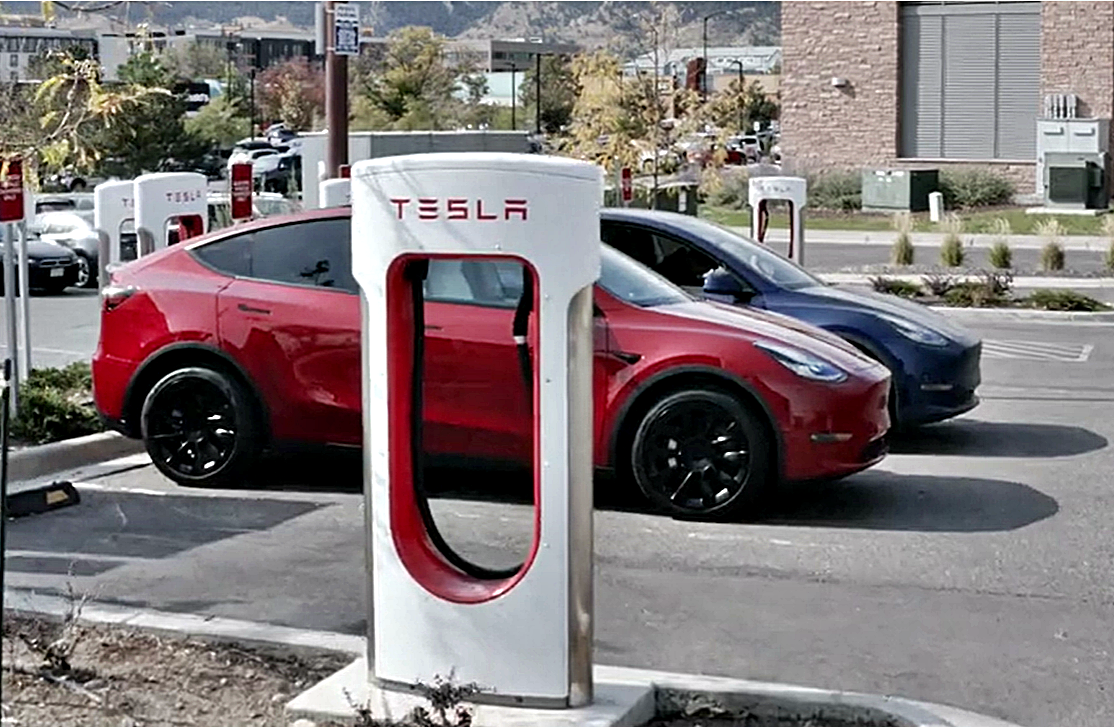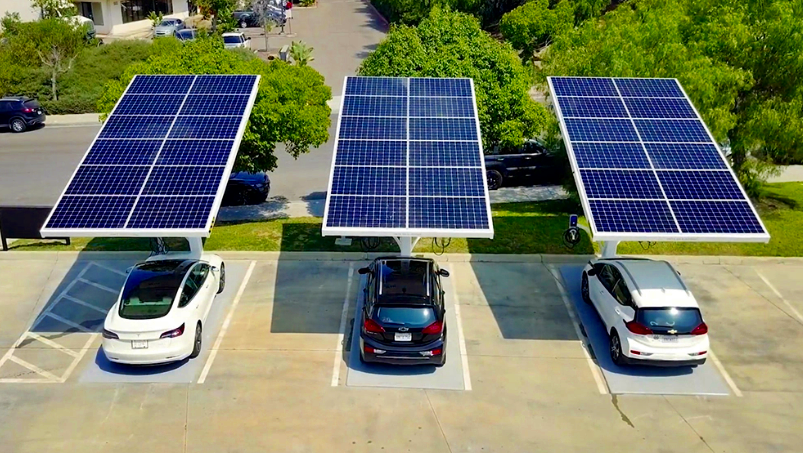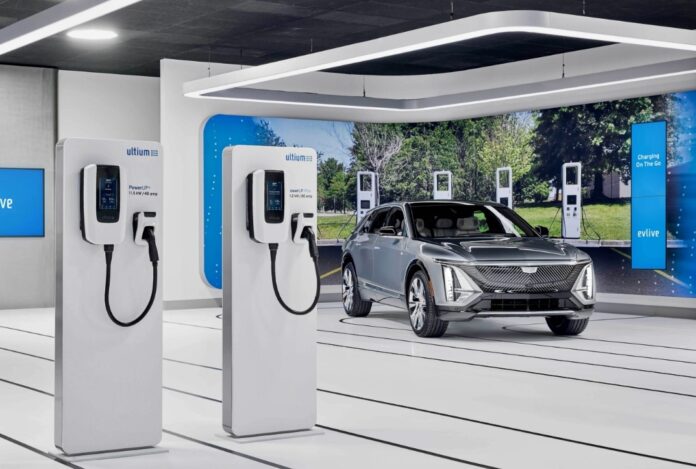When the first cars were made and sold, the drivers had to do refuelling themselves and carry their own fuel on journeys beyond their town. The carmakers did not involve themselves in that aspect which was actually an essential to using a car.
Instead, other companies that extracted oil from the ground took on the business of providing the fuel necessary to power the internal combustion engine. However, the first purpose-built fuel station only appeared in America in 1913.

And throughout the 20th century, it was the petroleum companies that would develop their network of stations all over the entire planet… even deep in jungles and up on mountain ranges.

In the 21st century, as vehicle propulsion systems switch to electricity, ‘refuelling’ is different. The fuel is no longer liquid hydrocarbons and is no longer from petroleum companies. The electricity needed by EVs comes from power providers that have historically served homes and factories.
The rapid growth of EVs has meant that recharging stations are quickly needed – and a lot of them. While unlike petrol stations, recharging stations can be installed almost anywhere (even at your home), it is still a challenge to provide more as the effort has been left to various parties which also look at the return on investment.
Tesla was quick to see that providing recharging stations was integral in selling its EVs, so its business model included developing, making and setting up its own stations called Superchargers.
Other carmakers have collaborated with energy providers to set up networks but there is no industry-wide initiative.

Now some of the global carmakers will become involved in the ‘refuelling’ business as well.
Seven major carmakers – BMW Group, General Motors, Honda, Hyundai, Kia, the Mercedes-Benz Group and Stellantis NV – will create a joint venture that will significantly expand access to high-powered charging facilities in North America.

The target is at least 30,000 high-powered charge points in urban and highway locations, with the first new ones scheduled to be available from mid-2024 )in the USA, later in Canada). The US National Renewable Energy Laboratory estimates that 182,000 DC fast chargers will be needed to support 30 – 42 million EVs expected on the road by 2030.

Each site will be equipped with multiple high-powered DC chargers with both Combined Charging System (CCS) and North American Charging Standard (NACS) connectors, which should cover virtually all EVs in use.
In line with the sustainability strategies of all 7 automakers, the joint venture intends to power the charging network solely by renewable energy. This probably means that many of the stations will use solar energy rather than draw from the national power grid.

“The creation of EV charging services is an opportunity for automakers to produce excellent user experiences by providing complete, convenient and sustainable solutions for our customers. Toward that objective, this joint venture will be a critical step in accelerating EV adoption across the U.S. and Canada and supporting our efforts to achieve carbon neutrality,” said Honda CEO, Toshihiro Mibe.
“The fight against climate change is the greatest challenge of our time. What we need now is speed – across political, social and corporate boundaries. To accelerate the shift to electric vehicles, we’re in favour of anything that makes life easier for our customers. Charging is an inseparable part of the EV-experience, and this network will be another step to make it as convenient as possible,” added Mercedes-Benz Group CEO, Ola Kallenius.
EV charging points now available at selected Pos Malaysia outlets
